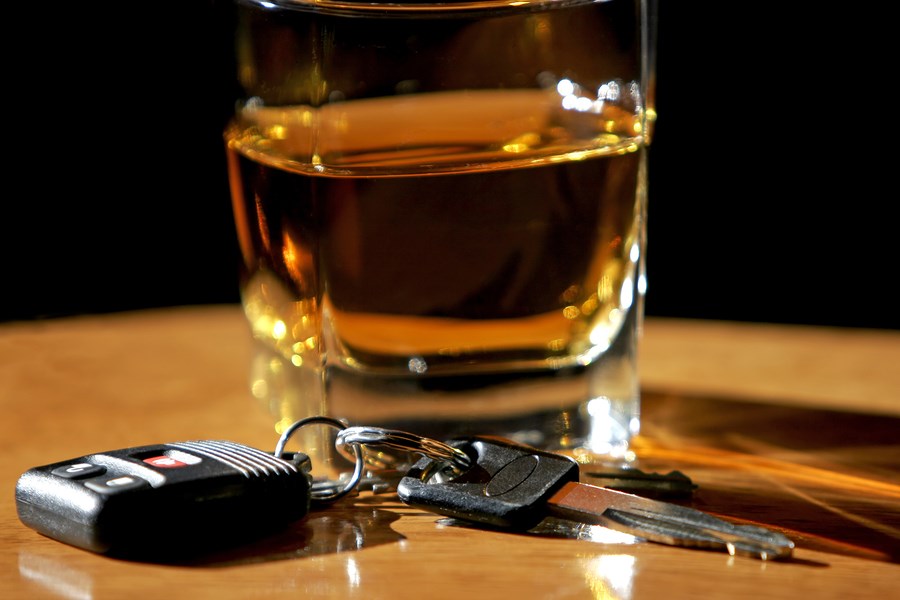This week, I’d like to chat with you about alcohol abuse. Don’t turn the page or close the tab on me just yet. Hear me out.
One of our stories this week is about the Community Alcohol Management Plan (CAMP) working group. This group of people has put together an online survey for people to fill out regarding the impact alcohol has in Flin Flon and its residents.
Locally, alcohol is a cornerstone of our past and culture – a time-honoured tradition, even though it’s not exactly a positive one. It’s a rite of passage, a ritual. Growing up, I knew of clubs and circles of friends who wouldn’t accept you unless you got inebriated with them.
That said, looking fairly at the custom, it probably shouldn’t exist. Ask any police officer what would happen to their day-to-day work if everyone suddenly behaved well when drunk. Those night shifts would suddenly be pretty boring, wouldn’t they?
I’ve had friends – people I grew up with – killed in drunk driving accidents. Then, as if that had never happened, I’ve seen other friends drive drunk despite the protests of others. Somehow, they thought nothing bad would ever happen to them. I don’t want to see another one of my friends in the ground because somebody was too proud to call a cab or hitch a ride with a friend.
I know men who have assaulted their wives and girlfriends when they were drunk, who showed up to work drunk, who broke rules both legal and moral. That behaviour is unacceptable.
I’ve seen a lot of young people with promise dwindle away, shrinking into obscurity and never meeting their full potential because of alcohol. Over time, it can become a deeper, darker hole and a bigger problem. The consumption increases, as does the cost, both financial and personal. Jobs and relationships are lost. Memories are forgotten. Ambition is wasted. Sometimes, lives are lost or forever impacted.
Alcohol use is tied to increased risks of liver disease, heart disease, strokes, gastrointestinal and digestive problems, depression, a laundry list of different cancers including brain, liver, lung and mouth, diabetes, sleep issues, high blood pressure, chronic pain and organ ruptures. That doesn’t even mention the addictions that can come with drinking, the bad decision-making that comes along with getting sloshed (all those fun little sexually transmitted infections, fights and unexplained beer injuries) and all the associated crimes, including public intoxication, driving while under the influence and all the fights and vandalism.
I realize I may not be the best person to comment on the effects of alcohol, personally. I’ve never drank a drop in my life. There were a few people I knew growing up, family and friends who will remain anonymous who had a hard time controlling their booze consumption. Booze controlled them. I chose to not start mostly so I would never have to worry about needing to stop.
This fact might be enough for you to discount my whole argument or not trust either my judgement or me personally. Lord knows, that’s happened a few times here. People don’t like you when you refuse a gift beer.
With that said, nobody drinks for no reason. Every beer and every shot has a purpose.
If we want to successfully tackle alcohol abuse in Flin Flon, the way to do it is to tackle the reasons why people drink. The problem isn’t the person who has a rough day at work and needs a chaser to help stomach the nasty shot that the day has been. There’s nothing intrinsically wrong with a cold beer or a glass of wine or a highball or two after a trying day out in the world. It’s when those numbers multiply where problems start.
When I saw the CAMP working group’s survey, it gave me some hope that this could change, that the reasons why alcohol has the role it does in Flin Flon can be figured out. Sunlight really is the best disinfectant. If your behaviour is presented to others, they can judge you in ways that may be uncomfortable, but necessary.
Our relationship to alcohol; specifically binge drinking, is skewed. We need to change it. Uncomfortable conversations still need to be had.
I don’t want to attend another friend’s funeral.




